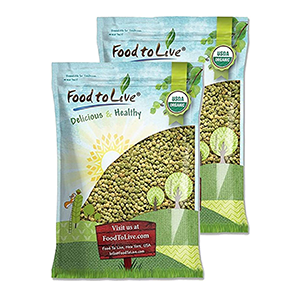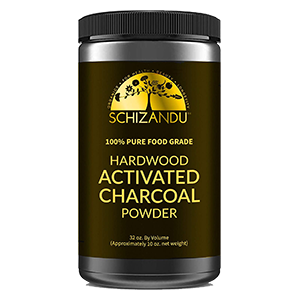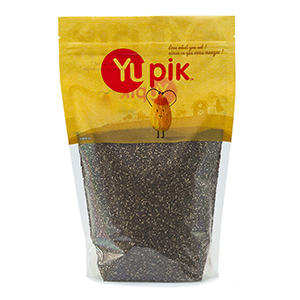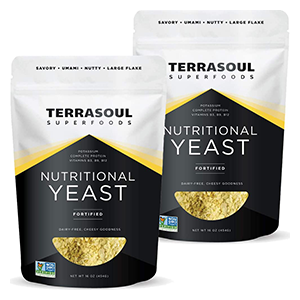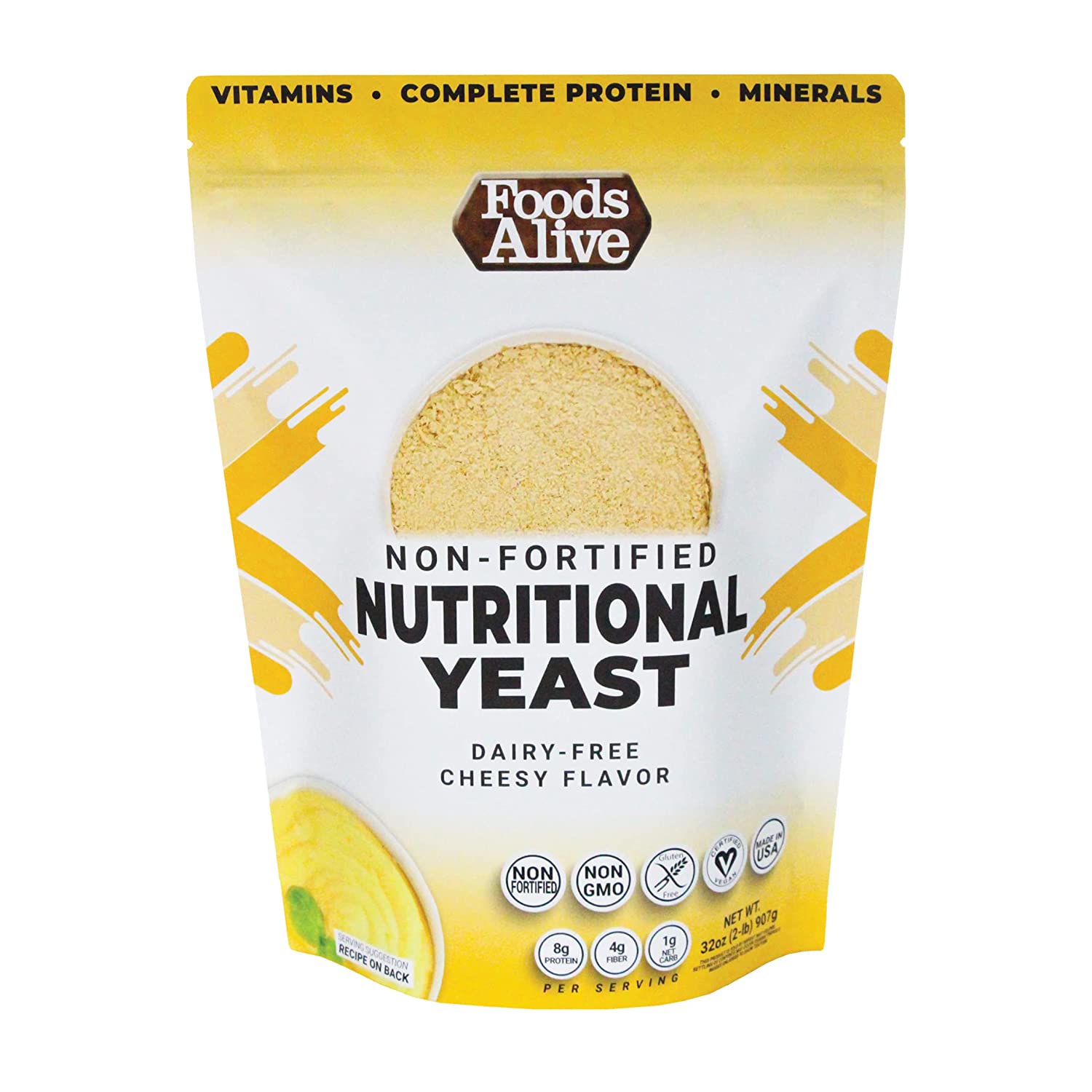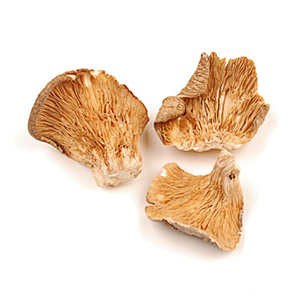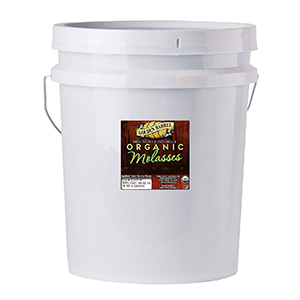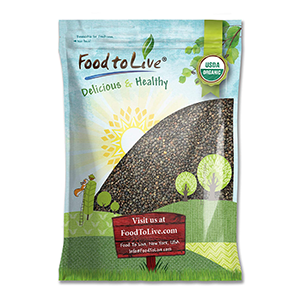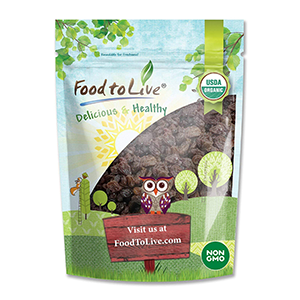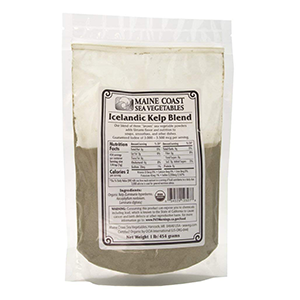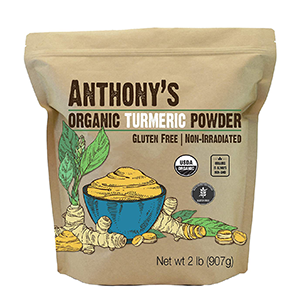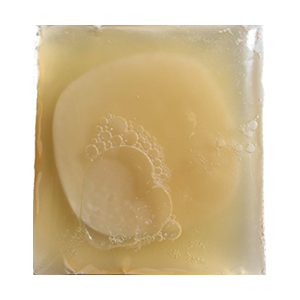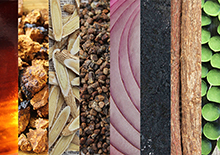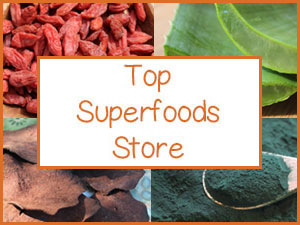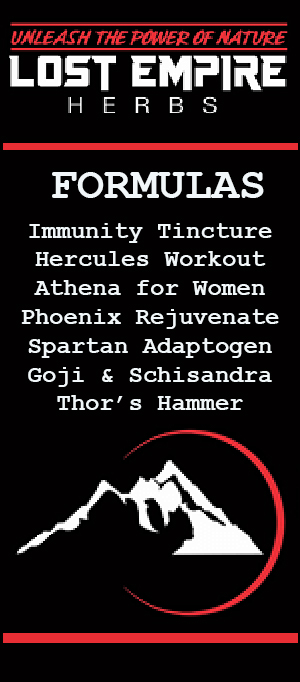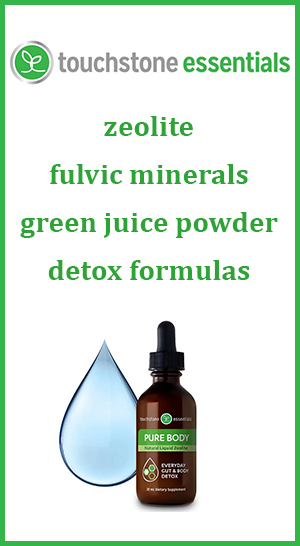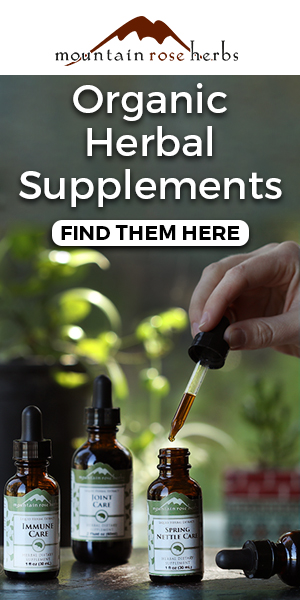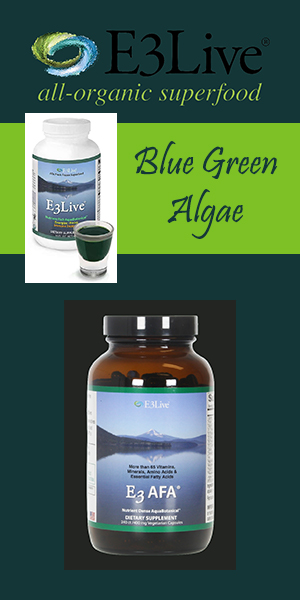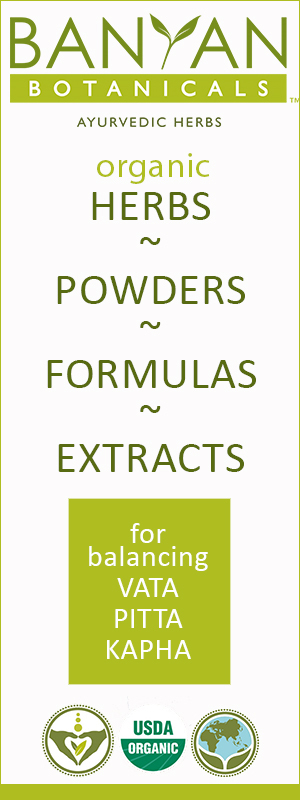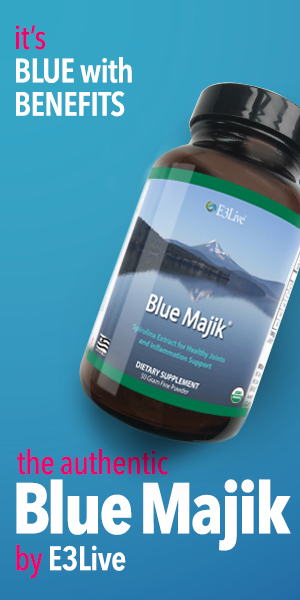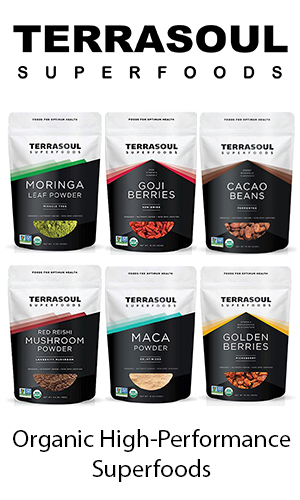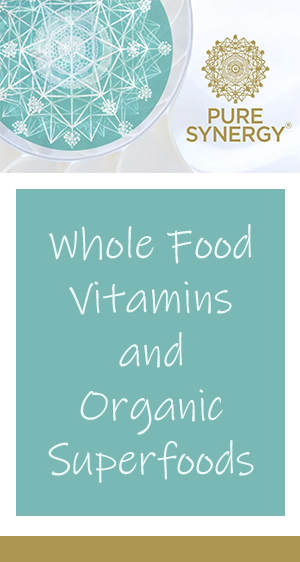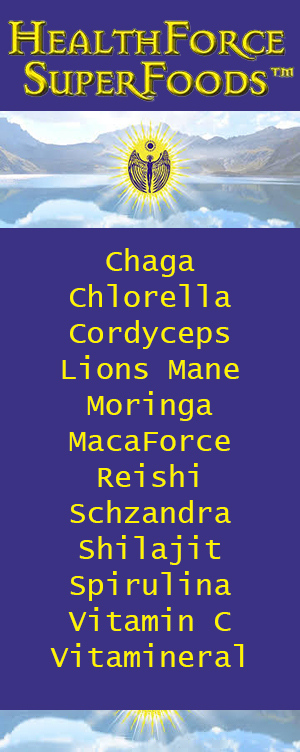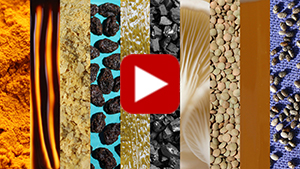- Home
- Top Superfoods
- Cheap Superfoods List Part Two
Cheap Superfoods List Part Two, For Emergency Backstock
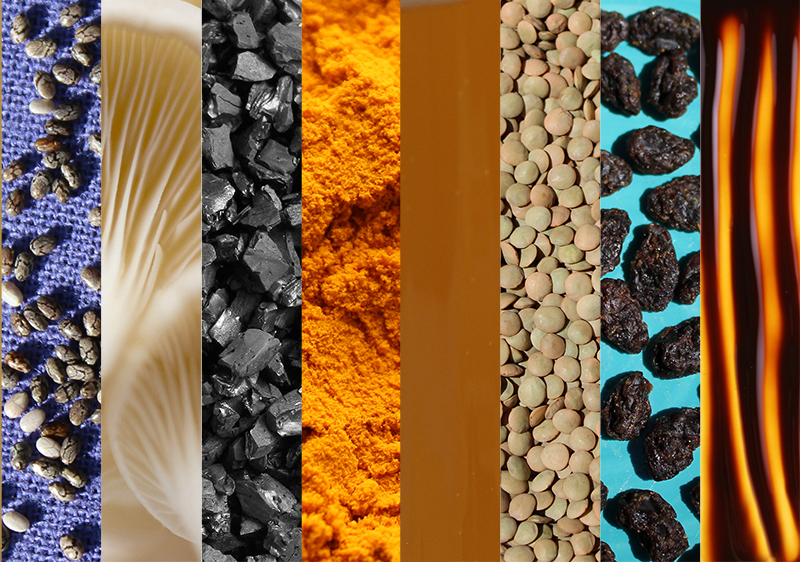
This is our Cheap Superfoods List Part Two created again, like our "Part One" list, with similar goals in mind.
The first is to focus on the most affordable dietary essentials for those looking to offset inflation and the rising cost of living. The second is to select the most nutritive bulk food provisions to have in your emergency backstock during these seemingly unstable times.
Table of Contents
Preparing in advance when supplies are still relatively abundant can
be key. As the "global collective" appears to be going through some transitions, these
are decisions that can provide some peace of mind knowing you have the
basics for you and your family.
Lastly, we have added a third section which includes our top tips on ways to become more self-sufficient when it comes to the food category of life.
Our Second List of 10 Cheap Foods and Superfoods
Fueling yourself during potential hardships can be a little bit different than your average diet. We agree that purchasing a dehydrated high-calorie survival food pack might be a good idea in extreme emergencies.

The focus here, however, is on simple nutritious foods, herbs, condiments and supplement sources that will help you maintain good health, an aspect vital during times of stress. (Not listed in order of importance.)
1) Category Protein
2) Category Mushroom
3) Category Detox
4) Category Condiment
5) Category Sweetener
6) Category Superfood
7) Category Ferment
8) Category Seaweed
9) Category Fruit
10) Category Spices
1) Category Protein - LENTILS
As far as non-perishable protein sources go, lentils are a great option. Dry lentils not only have a very long shelf life but are one of the highest in protein compared to other harder-to-digest legume varieties.
Standard brown or green lentils, in contrast to other legumes, are considered the second highest in protein, next to soybean. French green lentils are reported to contain an even higher amount.
Lentils, being a quick-cooking legume, don't require much energy to prepare and can be a very cost-effective bulk food item to have in your emergency food supply. Even quality organic lentils are one of the cheapest protein food sources you can buy.
2) Category Mushroom - OYSTER MUSHROOM
When going down the list of functional mushroom types, the most cost-effective storage-stable choice is definitely dried oyster mushrooms (Pleurotus ostreatus).
Oyster is a happy medium between a nutritive meaty textured mushroom that's high in protein and simultaneously a species containing specific immune-supporting beta-glucans that medicinal mushrooms are known for. Not as much as others, but way more than the average white button type.
Dried oyster mushrooms are the ones we recommend for emergency storage purposes and as a convenient pantry staple. While the price per pound might initially seem a bit high, note that when mushrooms are dried, they are very lightweight. So, one pound of dried oyster is quite a lot. After soaked and reconstituted, you’ll be getting your money's worth.
Keep in mind that many mushroom types, like oyster and shiitake, are prolific varieties to grow yourself from purchased plug spawn.
3) Category Detox - ACTIVATED CHARCOAL
It is ever so important these days that you do what you can to remove any potential toxins that are unfortunately still prevalent in the world we live in. We feel this is a crucial aspect that can support long-term wellbeing.
Periodic supplemental use of detoxifiers like activated charcoal have long been researched for their cleansing "adsorptive" qualities and their ability to accelerate "the elimination of many industrial and environmental intoxicants."
Activated charcoal, sold as a food-grade supplement, is very affordable as a bulk powder and good to have handy for intermittent use.
Precaution: Consult your physician if taking prescription or over-the-counter medications, as it can also bind to them as well.
4) Category Condiment - NUTRITIONAL YEAST
Nutritional yeast flakes provide a fortifying dietary supplement that contains B-vitamins and all essential amino acids.
It comes fortified or non-fortified. Fortified is nutritionally enhanced with B12 (cyanocobalamin) giving it a bright yellow color. Non-fortified, a lighter color, does not contain B12 but has other naturally occurring B-vitamins.
The flakes have a cheesy taste that can be used as a topping sprinkled on foods but they also make a versatile recipe ingredient for soups, dips and sauces.
Likewise, its glutamic acid content provides benefits as an umami flavor-enhancer many people enjoy.
Currently, you can purchase non-GMO nutritional yeast online for 12 to 14 dollars a pound or 16 ounces. It's a reasonable price considering you only use a tablespoon or two at a time.
5) Category Sweetener - BLACKSTRAP MOLASSES
Obviously, the cheapest type of sweetener is granulated forms of cane sugar. While raw cane sugar can come in handy when making homemade kombucha, health wise it’s not necessarily the best sweetener option.
Next in line when taking cost, shelf-stability, as well as nutrient value into account, is unsulphured blackstrap molasses. Blackstrap molasses, often a byproduct of sugar refining, is both sugary sweet, loaded with valuable mineral content and supplies a decent number of calories per serving.
Its energizing nutritional fortification is top on the list when compared to other natural sweeteners, aside from raw honey.
For those who don't mind the taste of stevia... We also like to keep the bulk dry leaf or extracts on hand for adding sweetness to foods and drinks.
6) Category Superfood - CHIA
Chia seeds are a great one to add to the cheap superfoods list because of their nourishing properties and relatively low cost.
The seeds are high in calcium and a great omega-3 ALA fatty acid source with the perfect ratio of omega-3 to omega-6.
Chia seeds absorb water and form a gelatinous consistency when soaked for a short period of time. When consumed, this fibrous aspect helps to provide a long-burning fuel source that is moisturizing to the body and beneficial as a mild laxative.
When soaked and blended, chia adds a thick quality to shakes, desserts and smoothies. We personally would NEVER eat non-soaked chia seeds as they can cause stomach upset.
Like all raw non-irradiated seeds, you can also use them to grow more chia seeds if you have space for a garden.
7) Category Fermented Beverage - KOMBUCHA
If you happen to be a kombucha lover, this is a great energizing drink to have around as an alternative to sodas, caffeinated beverages or alcohol.
It contains a number of nutritious compounds that are beneficial as detoxification aids as well as for their immune-supporting influence.
We're not talking about expensive store-bought kombucha, however. The type we are referring to is DIY homemade-style kombucha. That's because the "SCOBY" culture used to ferment the tea liquid is self-generating. After one batch is done, you can peel off another layer to make more.
You do need a small supply of loose black tea and raw sugar. These types work best to feed the SCOBY. One pound of each however will give you more than several gallons of homemade kombucha.
8) Category Seaweed - KELP
Being one of the most prolifically growing seaweeds on the planet, kelp as a bulk powder is very affordable. It is a concentrated source of essential micronutrients like iodine and provides soothing anti-inflammatory polysaccharides.
It’s often used in soup stocks, stews or when simmering grains or beans to nutritionally fortify the diet. Kelp also has an umami flavor and is a popular ingredient in Japanese "dashi" broth and the classic miso soup, responsible for its famous cloud-like effect.
A small amount of kelp powder can also be used in water solutions to fertilize garden veggies as well as when growing your own sprouts.
9) Category Fruit - RAISINS
As far as fruit sources go, dried fruit makes a good storage option. Raisins might seem a bit elementary when it comes to fruit alternatives. However, they are one of the most inexpensive dried fruits around, at least here in North America.
While not necessarily considered a superfruit, raisins (which are essentially dried grapes) are a great energizing sugar source to have on hand in emergencies.
We always recommend purchasing organic quality raisins as grapes are a highly sprayed crop variety.
10) Category Spices - TURMERIC
Turmeric is a wonderful mild-tasting spice that can add a lot of health benefits to a meal.
It has a broad range of properties but its bright yellow-orange curcumin content is most famous in the scientific community as a natural anti-inflammatory agent.
Turmeric powder is an affordable spice and a little bit goes a long way as far as health-supporting attributes.
Top Tips for Food Self-Sufficiency
Without saying too much here on this page, let's just say, we know other sides of the story when it comes to the current global situation. 😉 Given recent "agendas" that seem to be playing out, we feel it's a good time for individuals and communities to become as self-sufficient as possible.
Here is our bullet-point list of some basics:
- Grow your own vegetable and herb garden if you can.
- Learn how to preserve food via fermentation, canning and dehydration methods.
- Have a basic way to purify water. A Berkey can be an inexpensive way to start.
- Purchase a dehydrated 1-2 year food supply pack for bulk emergency calories.
- Learn about wild foods in your environment. Get a good wild plant identification guide.
- If non-vegan, get some basic equipment for sourcing your own fish and game if needed.
- Have a supply of veggie garden seed packs and sprouting seeds as a backup.
Precautions:
It is always best to do your own research so that you can individually tailor this list of foods to your specific dietary objectives.
Shop Related Products (About Affiliates & Amazon Associate Paid Links)
Affiliate Disclaimer: This section contains affiliate product links. If you make a purchase through our recommended links, we receive a small commission at no additional cost to you. Thanks for the support.
